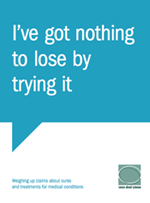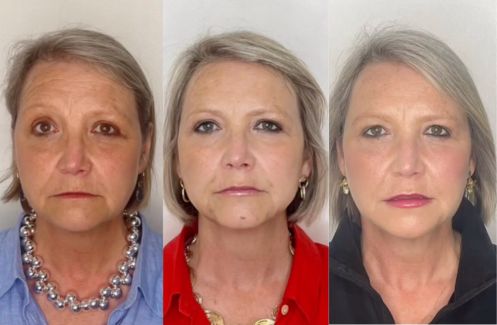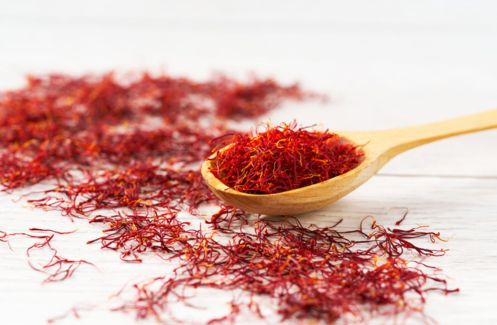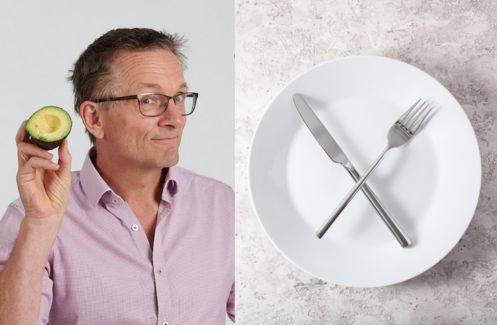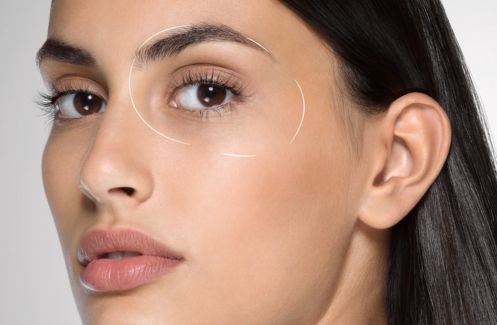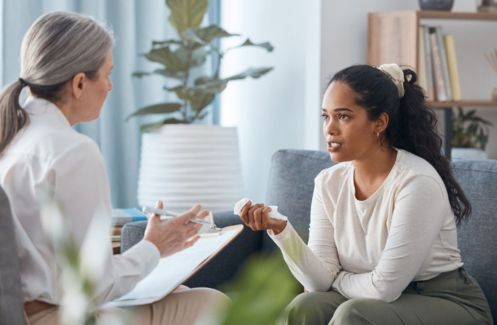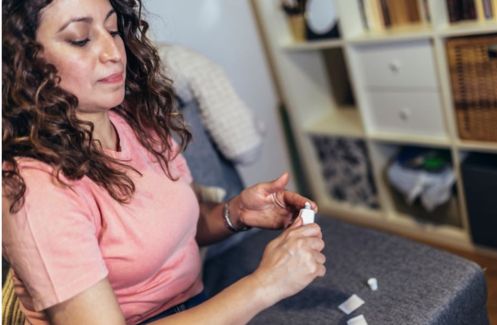It must be true, I read it on Google. This may be valid for celebrity break-ups or cinema times, but the net isn’t always the best place to turn to for medical treatment when you have a serious condition.
With nearly two thirds of the adult online population turning to Dr Google, charity Sense About Science (SAS) is warning about the dangers of unproven treatments sold or recommended online in a new guide called I’ve got nothing to lose by trying it.
The charity have had an increased number of calls to their helpline from patients who have tried alternative remedies sourced online without scientific backing and experienced aggravation of their conditions, or been exposed to risk of infections (such as HIV via treatment with unscreened stem cells).
Christine, who has a thyroid condition, said: ‘After a saliva test an ‘alternative thyroid doctor’ gave me ‘adrenal glandular’ tablets and told me to reduce my prescribed thyroid medication. I was in a lot of pain, bed-bound for weeks and it cost me a whole year out of my life.’
Some of these treatments cost tens of thousands of pounds, SAS said, not to mention those that ask you make expensive trips to clinics abroad.
Fiona, a cancer patient, said she ‘left [her] appointment feeling utterly powerless’, and Charlie, who suffers from a motor neurone disease, said the experience was ‘exhausting and time-consuming’, as well as creating ‘false hope, which can have a devastating effect’.
The guide hopes to put an end to any unnecessary suffering by sharing patient dos and don’ts for online sources and tips for those seeking treatment, including getting involved in clinical trials.
But with Google being preferred for its speed and accessibility, Sense About Science also wants to give advice about how to use online searches safely and how to gauge whether what you’re reading is reliable and authoritative.
There are questions to help differentiate the facts from the fads, such as ‘What promises are really being made?’ or ‘Is the treatment only available on the internet, and not prescribed by a doctor?’.
The guide also helps consumers interpret the reality behind terrifying headlines and exaggerated statistics, which may be a more about the sell than the solution.
Julia Wilson, Director of Research at Breakthrough Breast Cancer said the guide ‘will navigate patients and their families through the wealth of complimentary therapies’. The Motor Neurone Disease Association’s Head of Research, Belinda Cupid, said the booklet will ‘prove invaluable to so many people’.
I’ve got nothing to lose by trying it is available to download here from the Sense About Science website

Like this article? Sign up to our newsletter to get more articles like this delivered straight to your inbox.



